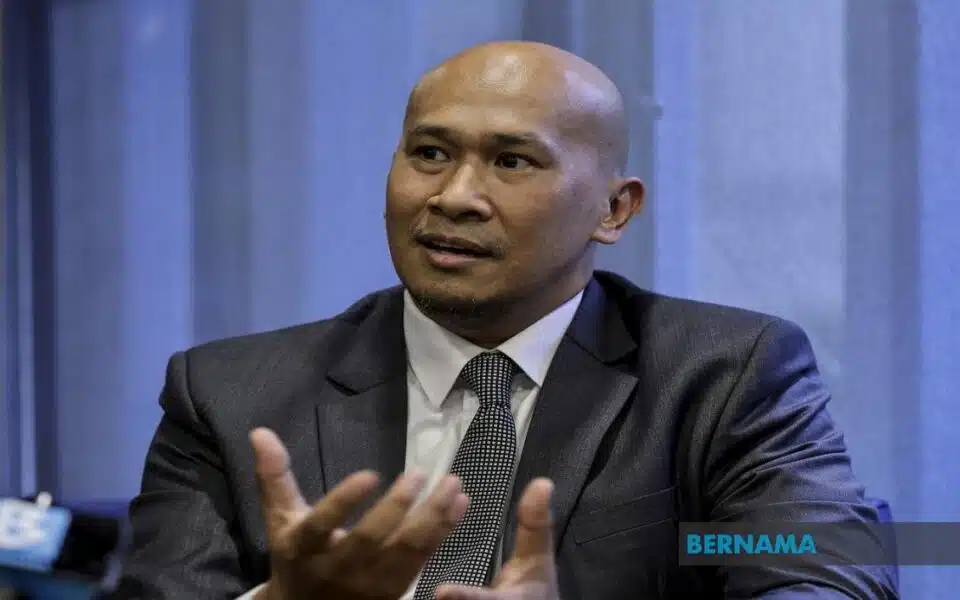KUALA LUMPUR, June 17 — The government needs to craft a communication strategy so that the message on fuel subsidy rationalisation is fully understood by all Malaysians. The strategy should show where the savings from subsidy rationalisation will go and the expected outcomes.
Bank Muamalat Malaysia Bhd’s chief economist Mohd Afzanizam Abdul Rashid said the communication has to be multilayered, in which the language has to be simple with less jargon but focuses on the main message for the rural community.
“For those who are highly educated, the explanation has to be data-driven and fact-based. Indeed, it (fuel subsidy rationalisation) is a difficult decision, but with the right communication strategy, the government can get a total buy-in from the citizens,” he said.
At the same time, all Malaysians should be told the benefits and outcomes so that they understand why the difficult decision (fuel subsidy rationalisation) has to be made.
“Among the better outcomes that we could expect include better infrastructure in schools like furniture, electrical appliances, and science labs that will improve the learning experience among the students and help motivate the teachers to be more effective in conducting lessons,” Afzanizam said to Bernama when contacted today.
Quoting better healthcare services at public hospitals as the most crucial outcome, he said it offers the most cost-effective services to all Malaysians, and the savings from targeted subsidy can be rechanneled into this sector.
“All this will ultimately improve the country’s productivity as we are able to produce competent labour that is highly sought after by employers. Good health will also improve productivity while healthy workers means they can work effectively and efficiently,” Afzanizam said.
Monitoring and enforcement of existing laws are crucial to curb any diesel profiteering and malpractices among business operators.
As such, he commended the government’s constant and steadfast effort in combatting diesel smuggling while striving to balance its efforts with keeping the cost of living down.
Earlier today, Prime Minister Datuk Seri Anwar Ibrahim said the government still pays around RM7 billion in diesel subsidies in Peninsular Malaysia.
He said the subsidies were not abolished, as the rationalisation ensures more efficient management of subsidies so that they are not misused and reach the appropriate groups.
Savings from the implementation of targeted subsidies will certainly be returned to the people in the form of education, health, public transportation and other sectors that have the greatest impact on the public.
Meanwhile, Federation of Malaysian Consumers Association (Fomca) chief executive officer Saravanan Thambirajah said he hopes that more efficient targeting of the diesel subsidy could be implemented because many people were still confused about the aid.
Many industries do not know whether they are eligible to receive the subsidy, and he hopes that the targeted diesel subsidy reaches those who are eligible, like the B40 group and small traders in need of help.
On June 9, Finance Minister II Datuk Seri Amir Hamzah Azizan announced that the price of diesel at all retail stations in the peninsula will be set at RM3.35 per litre, which is the market price without subsidy based on the average of May 2024 according to automatic price mechanism starting on June 10.
He said the price setting and targeted implementation of diesel subsidy could provide savings of RM4 billion a year while also strengthening the country’s financial position in the long term.
The new diesel price will be announced every week according to the Finance Ministry’s current practice, and the government will continue to monitor the situation to avoid price instability.
However, the targeted diesel subsidy does not involve consumers in Sabah, Sarawak, and Labuan.
— Bernama





